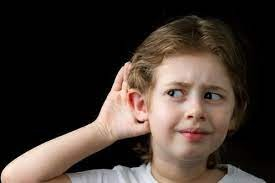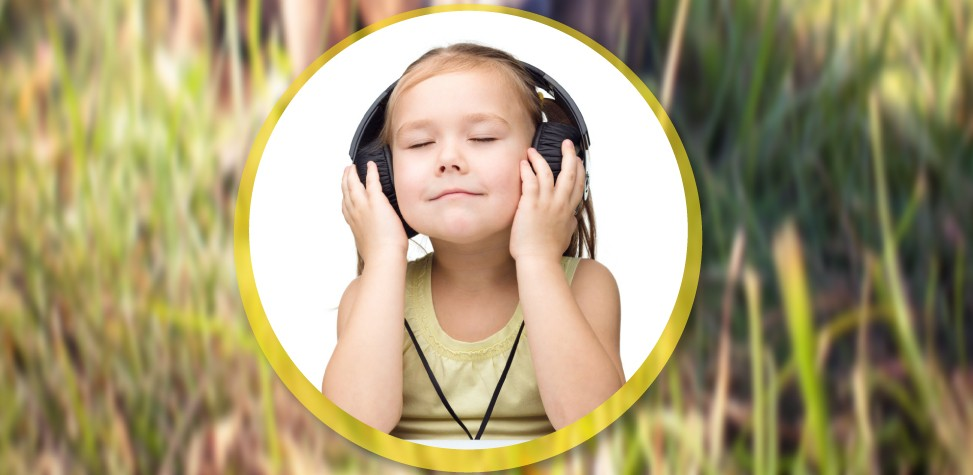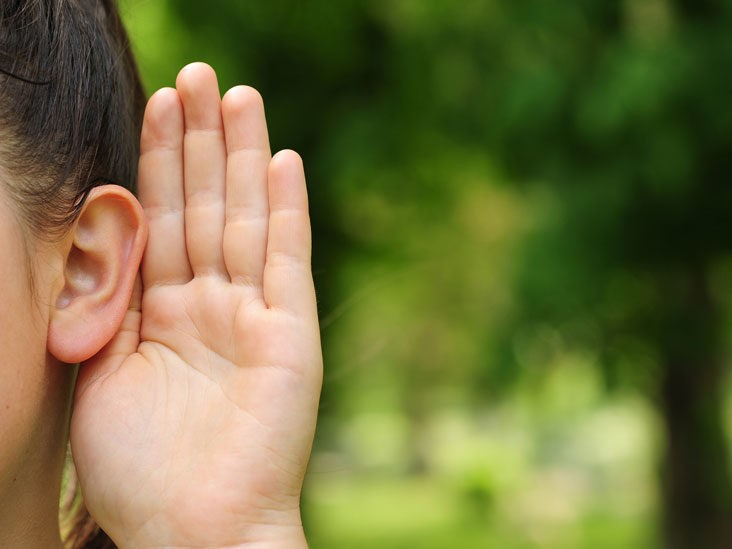Activities for Auditory Attention in Kids
- Dr. V.S. Gayathri
- Apr 1, 2021
- 3 min read
We have already discussed the importance of sustained attention and focus for kids. Among different aspects of attention, auditory attention is something that needs to be cultivated from an early age. If there are any auditory disorders, they need to be sorted out in time. Mostly, there are four components of auditory attention: arousal, orienting, selective attention, and sustained attention.
What is auditory attention?
It is a cognitive process where the listener focuses selectively on the stimulus of interest, ignoring irrelevant competing. Here the listener consciously selects the stimulus which he/she will watch and process its response.
If there is a lapse in auditory attention, we refer it to an auditory processing disorder (APD). It is a hearing problem that affects about 3%–5% of school-aged children.

Kids with this condition, cannot understand what they hear in the same way other kids do. This happens when their ears and brain don't fully coordinate as something interferes with the way the brain recognizes and interprets sounds, especially speech. Kids with APD have trouble understanding speech. Usually, they have trouble understanding what is being said to them when they're in noisier places like a classroom, playground, sports event, school cafeteria, or a party.
Even if your child does not show any signs of APD, nurturing auditory attention from an early age is important as it is crucial for reading as well as for understanding concepts.
Here are some activities that might help your child if you notice a lapse in their auditory attention.
Activity 1: Simon says
Simon Says is a children's game for three or more kids. You can also play with your child as a parent. One player becomes "Simon" and gives instructions to the other players, which should be followed only when prefaced with the phrase, "Simon says". For example, Simon says jump or Simon says laugh- then only the kids have to act, not if only the words jump or laugh are told. This helps to develop auditory attention as they have to concentrate to hear when ‘Simon says’ is being told. Gradually, you can also increase the pace check if your child is able to interpret quickly.

Activity 2: I spy game
I spy is a guessing game where one player chooses an object within sight and gives clues to the other players that "I spy with my little eye, something beginning with...", naming the first letter of the object. Other players have to guess the object. You can play it anywhere with your child like in the house, or while traveling in the car or at the park. This helps to develop auditory attention because they have to be attentive to the details you give out in order to find the object. You can also add a little variation to the game like asking your child which thing rhymes with the word moon?

Activity 3: Animal sounds
You can record the sounds of different animals and play for the child. Later you can play in a different order or crop the audio and play or play in with some noisy background and check whether your child is able to identify the sound or not. This will help them to develop an ear for detailed and specific sounds even with any interference. This activity takes just a few minutes and can be done anywhere.

Activity 4: Green light, Red light
You can list a few activities or make small chits of different activities that your child can do. When they choose an activity, you have to instruct that when it is a green light, they will do the activity, but when it is red light, they have to stop the activity. In this, they learn to be attentive and also understand to react in a better way to external stimulus.
Activity 5: Find it
You can hide an object somewhere in the house and then make a set of clues for your child to find it. You read out the clue with some minute detail hidden in it and check if your child is able to catch that. You can increase the pace of reading the clue each time and see whether your child is able to identify the minute details or misses it. This activity not only helps in auditory attention but also analytical skills.

All these activities are fun and interesting for your child. Most importantly, they are easy and need no extra preparation. They can also be played anywhere with your child. Try these out and help your child to develop better auditory attention.




Comments